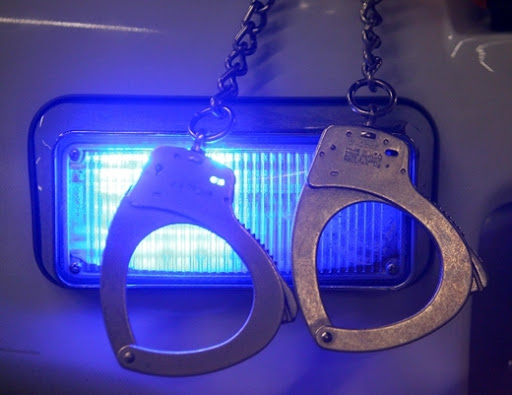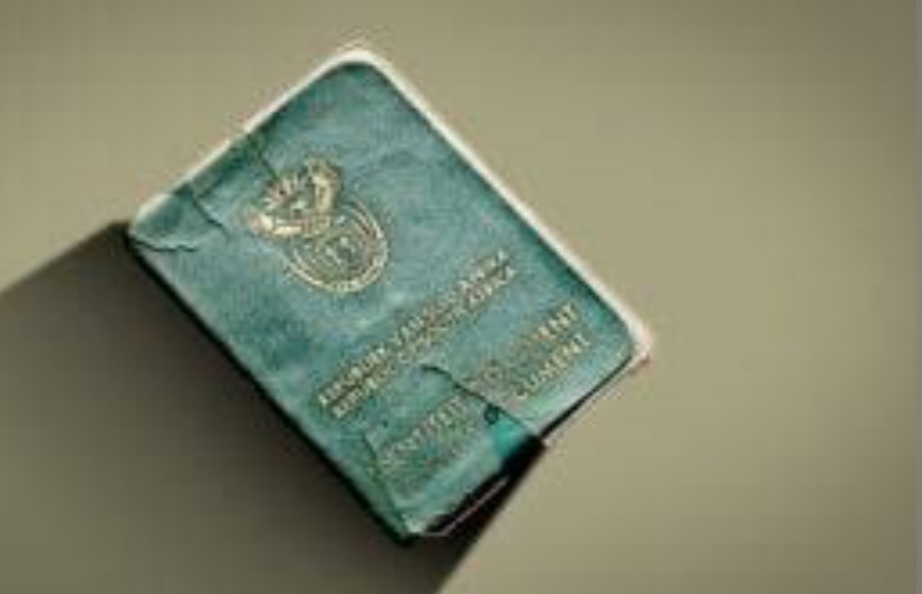The Minister of Water and Sanitation, Senzo Mchunu has released the Drop Report on drinking water quality, provision, and wastewater management in the country. The report has revealed that about 46% of the water in the country is poor or not microbiologically safe to drink.
Presenting the report to Mchunu, the department's director-general Sean Phillips explained that the report is based on water quality tests carried out by municipalities themselves during the 2021/2022 municipal financial year. The report says 54% of the system achieved "excellent" or "good" outcomes, while 46% had poor or bad microbiological water quality compliance. "The overall performance trend indicates a severe regression from 2014 to 2023, especially concerning microbiological compliance," the report stated.
The South African Bureau of Standards or SANS 241 which is informed by World Health Organisation Guidelines says it is not safe to drink water if less than 97% of tests for microbiological contaminants and chemical compliance conducted over a year don't comply with water quality standards. "It was therefore not microbiologically safe to drink water in almost half (46%) of our drinking water systems at times during 2022 when the Blue Drop audit was done, which resulted in an increased risk of life-threatening water-borne diseases such as cholera and chronic diarrhea," he said during the presentation. Mchunu said they've developed plans to address key findings in the worst-performing municipalities. "These action plans include the provision of grants worth more than R20bn per annum to municipalities, technical and engineering support and assistance, capacity building and training, and financial management advice and support."
The minister said that drinking water systems in major metropolitan areas are generally performing well in terms of the Blue Drop key performance areas with Gauteng having the highest percentage of drinking water systems with excellent or good performance at 62%, followed by the Western Cape at 50%. "The water supply disruptions that have been experienced in Gauteng in recent months are caused by the demand for treated water occasionally exceeding the available supply of treated water," Mchunu added. He also said that the government was worried about the water quality in the Northern Cape which has the highest percentage of drinking water systems with poor or critical performance of 87%. This has deteriorated from 48% in 2014. "Northern Cape authorities, part of those directly assessed, came out worst and we are very worried. It is a challenge that we need to live up to and overcome,"







